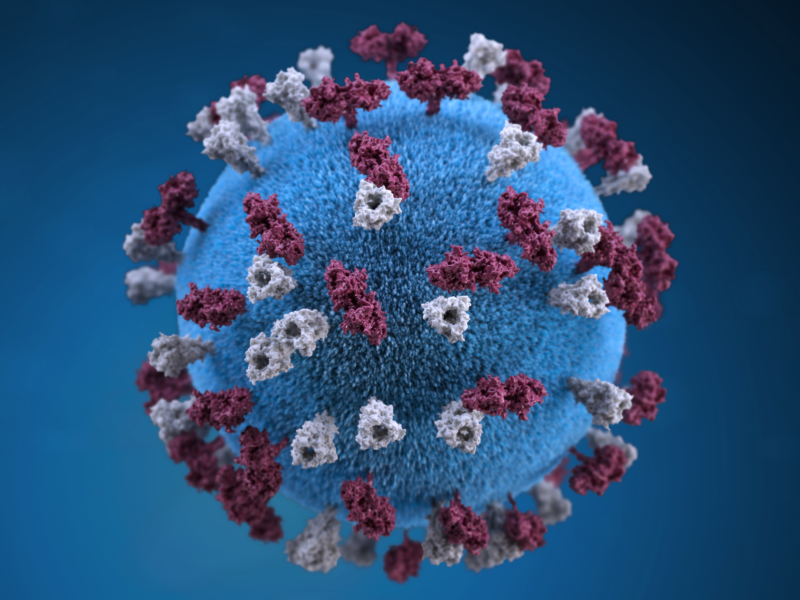A Cerebral Spinal Meningitis outbreak has killed more than 156 people throughout Nigeria. Jigwa, Kano, Bauchi, Yobe, and Katsina states are currently among the worst hit. A graver report from UNICEF states that the death toll is much steeper with 9,086 cases and 562 deaths. Out of four West African countries in the midst of meningitis outbreaks (Nigeria, Niger, Burkina Faso, and Mali), Nigeria is currently reported to be the most affected. Due to Nigeria’s location, in sub-Saharan Africa’s “Meningitis Belt”, seasonal epidemics expectedly occur in a cyclic pattern. Dry weather, dusty winds, cold nights, and large populations living in overcrowded conditions leave people vulnerable to respiratory infections and are among some of the reasons behind the Meningitis Belt’s high burden of meningococcal disease.
Cerebral Spinal Meningitis (CSM) is most often caused by the bacteria Neisseria meningitides. Bacterial meningitis is an infection of the meninges, the thin covering of the brain and spinal cord. Symptoms of the disease include stiff neck, high fever, rash, headache, vomiting, and confusion. Even with rapid diagnosis, 5-10% of patients typically die within 24-48 hours of symptom onset. Although sometimes fatal, CSM is most often treatable with antibiotics administered upon hospital admission.
The rapid spread of the disease is due to the ease in which the bacteria are transmitted. Droplets of respiratory or throat secretions transmit the bacteria through methods such as kissing, sneezing, coughing, and sharing of eating or drinking utensils.
A preventative vaccine is available, and is routinely recommended for adolescents 11-18 years of age. However, in the African Meningitis Belt, routine immunization is not practical, as the vaccine typically protects for only 3-5 years. Even with large-scale coverage, vaccination efforts in this part of the world would not provide sufficient herd immunity to protect the population at large. Therefore, control measures used during epidemics, in places such as Nigeria, include enhanced epidemiological surveillance, prompt case management, and mass vaccinations in areas involved in an outbreak.
Related articles (more available at http://www.HealthMap.org):
PRO/EDR> Meningitis, bacterial – Africa (02): Nigeria, WHO meningitis regionhttp://apex.oracle.com/pls/otn/f?p=2400:1001:3360670297518395::NO::F2400_P1001_BACK_PAGE,F2400_P1001_PUB_MAIL_ID:1010,76577
Nigeria: Parent Seeks Action on Meningitishttp://allafrica.com/stories/200903160209.html
West African Meningitis Outbreak Kills 931: UNICEFhttp://www.google.com/hostednews/afp/article/ALeqM5jnqZygqNJdnANb_ojvfZI38jb5vg

